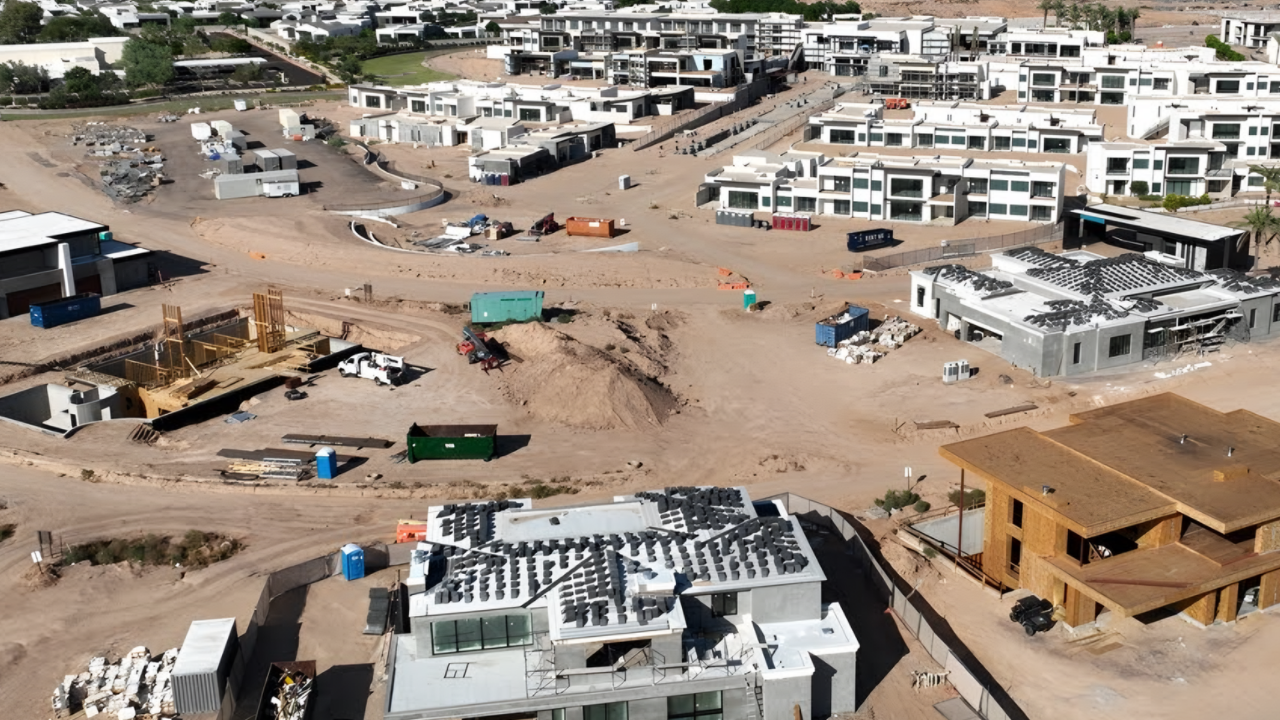
Cranes hover above the unfinished Ritz-Carlton Paradise Valley project, their booms still as work winds down. Crews have left, equipment sits idle, and the $2 billion development has halted. Earlier today, Five Star Development filed for Chapter 11 bankruptcy, pausing a foreclosure attempt and halting construction across the 122-acre site.
Bankruptcy, Foreclosure Pressure, and a High-Stakes Legal Battle
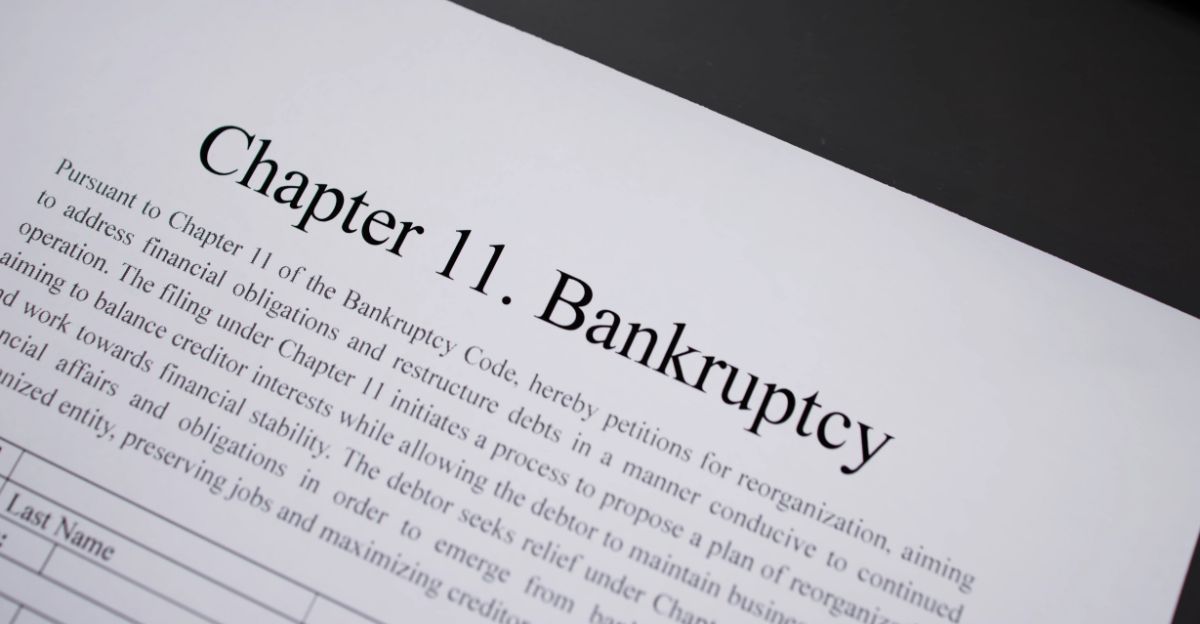
Five Star’s bankruptcy filing froze an impending foreclosure led by Madison Realty Capital, which asserts a default on a $585 million construction loan.
Five Star contends the lender is attempting to seize control of the project by manipulating the situation. The dispute has moved into litigation across Arizona and Texas courts. With assets and liabilities both estimated between $500 million and $1 billion, the developer faces steep financial exposure.
Homebuyers Face the Fallout: Luxury Dreams in Limbo

Early buyers of Ritz-Carlton villas face financial uncertainty as construction remains paused. With projects halted, contracts may be delayed or renegotiated, and deposits on villas priced roughly between $5 million and $20 million could be tied up for an extended period.
Buyers accustomed to the Ritz name confront legal and financial risk as promised homes—and their values—may be delayed or jeopardized.
Corporate Clash: Developer and Lender in a High-Profile Dispute
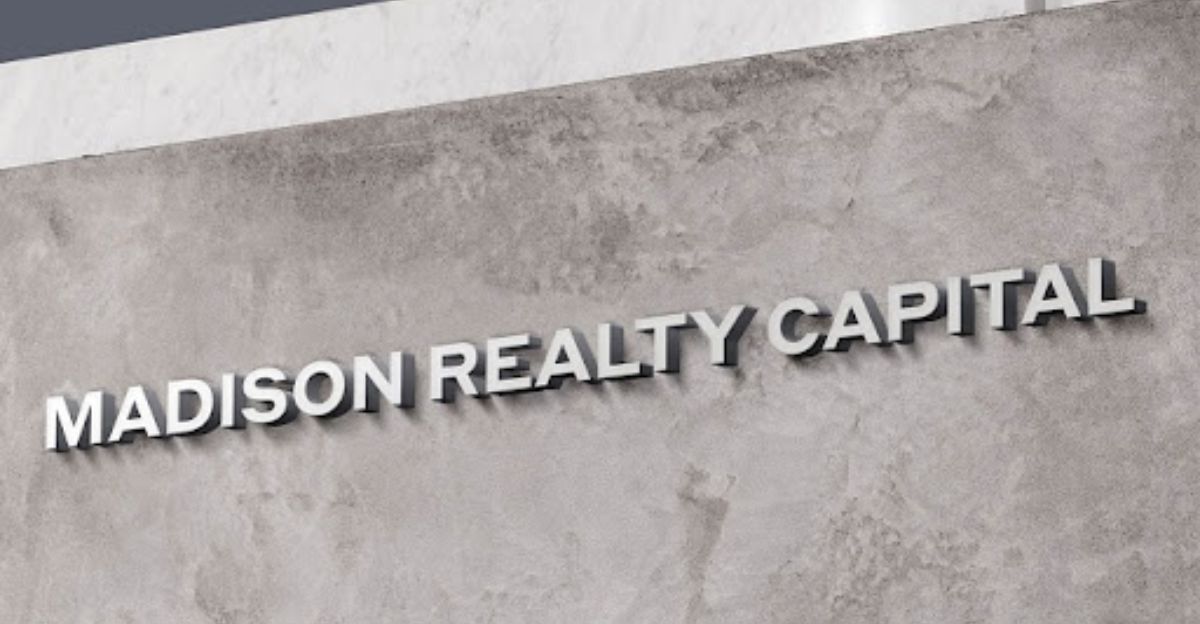
The bankruptcy has intensified a confrontation between Five Star Development and Madison Realty Capital. Five Star accuses Madison of withholding funds, inflating loan costs, and engineering a technical default to take control of the site.
Madison denies wrongdoing, saying the developer stopped meeting payment obligations. The relationship, once the financial backbone of Arizona’s largest luxury project, has become a courtroom battleground that could determine ownership.
Luxury Retail and Hospitality Dreams Frozen at The Palmeraie
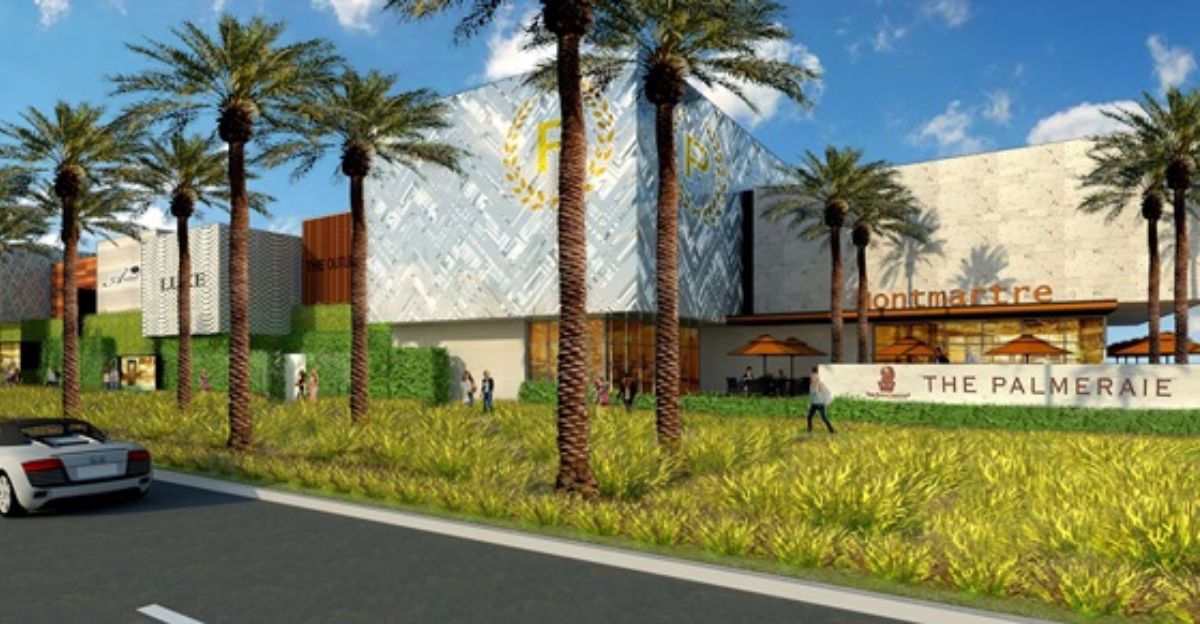
The Palmeraie, a 29-acre retail and restaurant district planned as the project’s crown jewel, is paused. International luxury brands eyeing Arizona openings face delays, stalled build-outs, and uncertain timelines. Retailers who positioned themselves in the state’s wealthiest area must reassess projections and adjust expectations.
The pause threatens to derail what was hoped to be a premier regional retail and hospitality destination.
Global Investors Question the Stability of U.S. Luxury Megaprojects

Foreign investors and international hospitality groups involved with the project are reassessing Arizona entry plans. The sudden halt of a branded, high-visibility development challenges assumptions about U.S. luxury market reliability.
With a $2 billion valuation and a site-area estimation around 122 acres, the project was pitched as a secure investment. The bankruptcy raises questions about lender dynamics, development risk, and the resilience of American ultra-luxury real estate.
Human Impact: More Than 2,000 Jobs at Risk
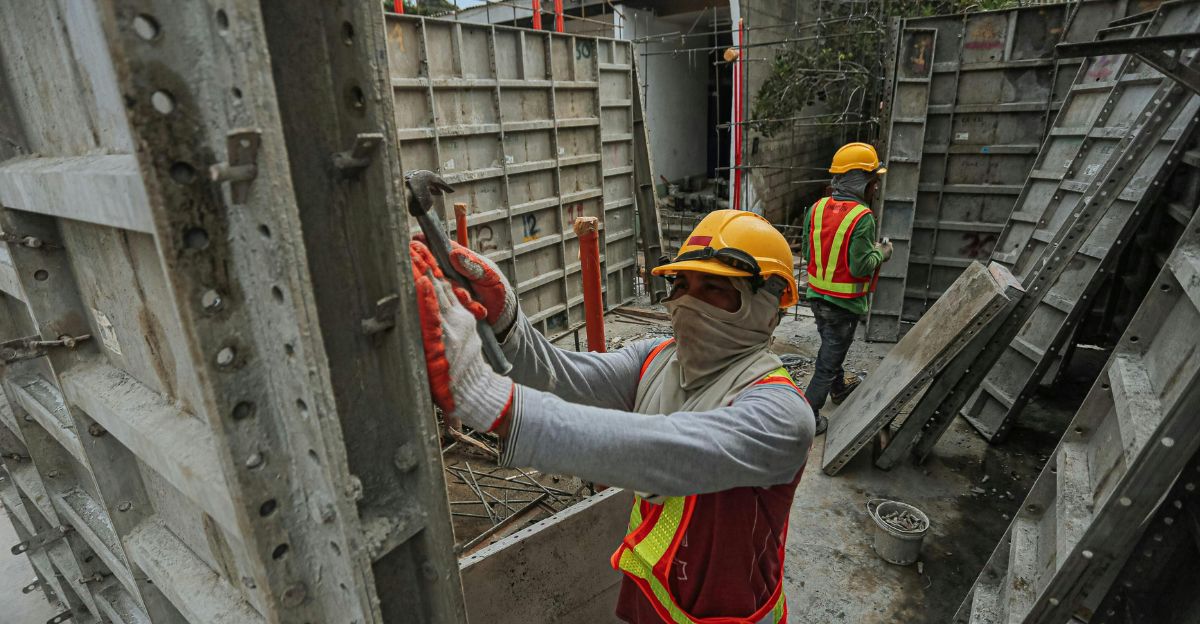
Construction crews, hospitality workers, landscapers, designers, and specialized contractors—more than 2,000 people—face income uncertainty. Some have lost wages; others await court and creditor decisions.
The project was expected to support long-term employment across the resort, retail district, and 80-plus luxury villas. The collapse reverberates through families, local businesses, and the Paradise Valley community.
Local Government Scrambles for Answers and Accountability

Paradise Valley officials, including Town Manager Andrew Ching, express concern over construction delays.
The town has paused certificates of occupancy for completed villas due to missed deadlines. Local leaders seek rapid legal clarity while balancing development goals with resident protections. Fears include declining tax revenues, reduced tourism momentum, and long-term disruption to the area’s luxury identity.
Financial Shockwave: Stalled Sales and Lost Revenue

With work halted, roughly $150 million in villa sales may be in limbo, and expected hotel-related revenue is delayed. Retail leases and associated taxes remain unresolved.
The resort hotel, once poised to anchor the development, sits unfinished after years of investment. Real estate momentum in the region has slowed, and investors are recalibrating projections amid the setback.
Retailers Reassess The Palmeraie

Retailers tied to The Palmeraie are reconsidering expansion timelines and renegotiating leases. Some may pivot to other luxury corridors or seek exit clauses to reduce exposure.
The pause highlights how heavily luxury retail depends on large, phased developments. Without a clear timeline, brands face tough choices about waiting out the legal process or redirecting investments.
Hospitality Setback: Delayed Openings
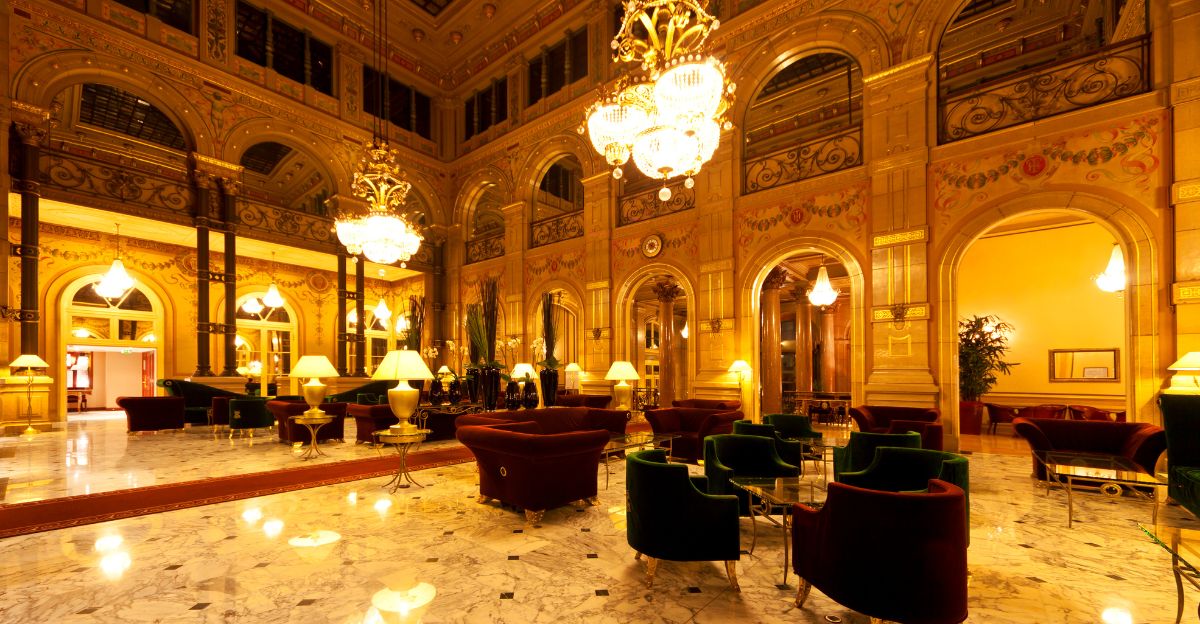
The Ritz-Carlton hotel, intended as a flagship attraction, remains unfinished. Local hospitality businesses anticipating higher tourism and revenue revise forecasts and hiring plans.
Restaurants within The Palmeraie face indefinite delays. The broader hospitality ecosystem, once optimistic about a regional uplift, now contends with stalled momentum and muted expectations.
Supply Chain Disruptions: Losses for Vendors

Material suppliers, furnishings, landscape elements, and luxury finishes have faced frozen or canceled orders. Smaller vendors confront unpaid invoices and tighter cash flow, while larger suppliers must unwind long-term procurement plans.
The halt reveals how a single $2 billion project can ripple through regional supply chains and stress many connected businesses.
Global Luxury Market Confidence Takes a Hit

The collapse of a high-profile Ritz-Carlton project sends move-through effects through the global luxury real estate market.
International buyers are more cautious, and lenders may tighten terms, potentially slowing future financing. The incident challenges the notion that prestige alone guarantees stability in luxury developments.
Community Impact: Delayed Amenities

Residents and villa buyers anticipated world-class amenities—wellness centers, green spaces, and more. These offerings are postponed indefinitely.
Paradise Valley’s branding as a luxury lifestyle destination is strained, and surrounding neighborhoods face uncertainty about property values and infrastructure improvements.
Renewed Debate: Growth versus Oversight
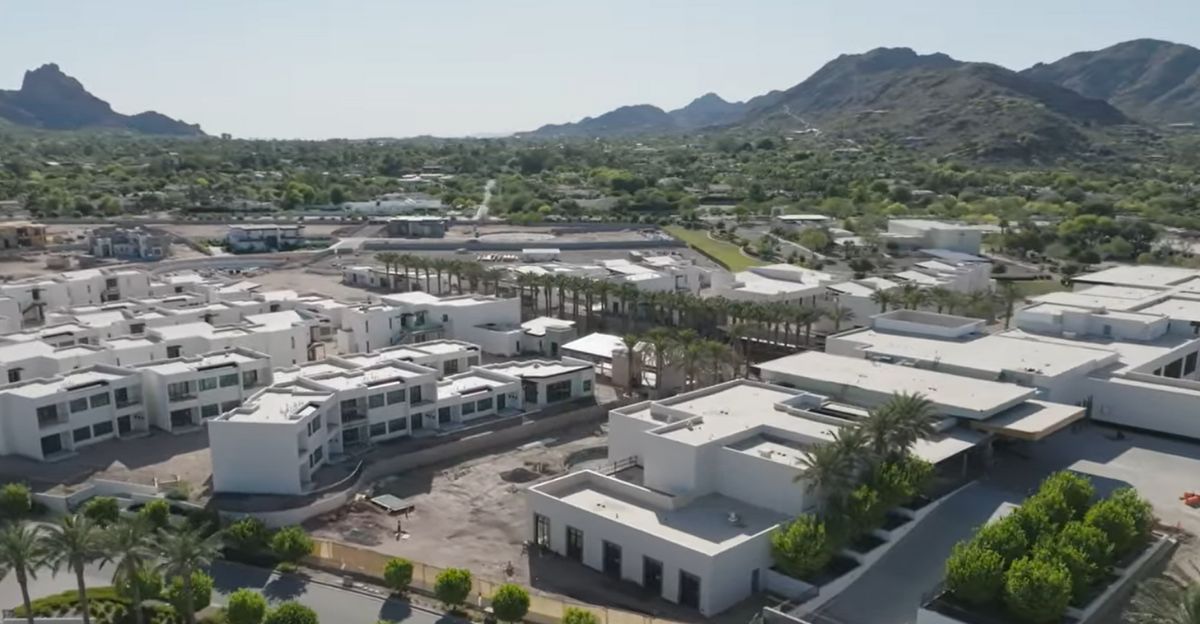
The project’s troubles fuel debates over Arizona development oversight. Proponents argue for stronger financial vetting of megaprojects; critics warn against regulatory overreach.
The collapse exposes tensions between rapid growth and sustainable planning, raising questions about whether large developments are built on solid foundations.
Winners and Losers: Uneven Regional Fallout

Some local hotels and businesses may briefly benefit from reduced competition, but early villa buyers, small contractors, and specialized trades bear the brunt.
Large deposits and work-in-progress funds could be at risk, illustrating how big developments disperse risk unevenly and create both pockets of gain and widespread harm.
Market Jitters: Real Estate Volatility Ahead

Analysts warn that Arizona’s luxury market could face increased scrutiny after the bankruptcy. Lenders may impose stricter terms, slowing financing for future projects.
With land values around $16.4 million per acre and substantial speculative equity at stake, market participants reassess risk tolerance and pricing dynamics in ultra-luxury segments.
Consumer Guidance: Protecting Purchases in Luxury Deals

Experts urge thorough due diligence on developer financials, loan structures, and construction progress before committing deposits.
Buyers should seek transparency on financing sources, ensure contract protections and refunds, and consult legal counsel for large purchases. The Ritz-Carlton collapse underscores the need to verify that brand prestige does not erase risk.
What Happens Next: Trials, Financing, and Recovery Odds

The Five Star vs. Madison Realty case is scheduled for trial in February 2026. Potential outcomes include refinancing, reorganization, foreclosure, or a sale to a new developer.
Each path carries different consequences for buyers, investors, and the region. Recovery will depend on court rulings, creditor negotiations, and whether sufficient capital can be mobilized to restart the $2 billion project.
Final Reflection: A Cautionary Tale for Luxury Development
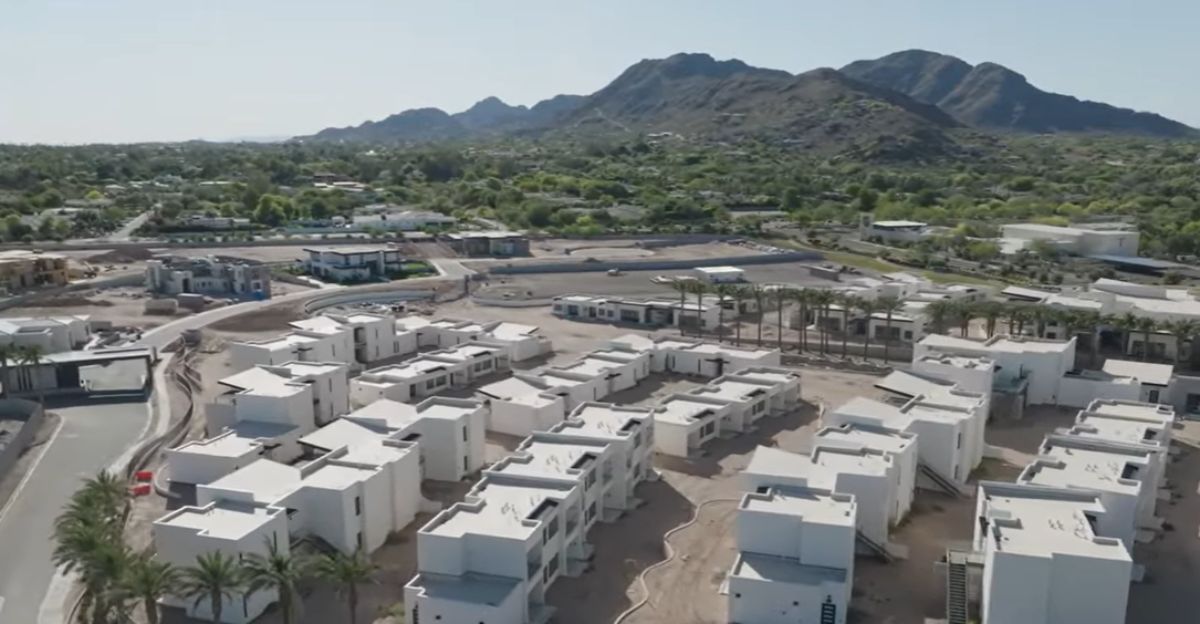
The Ritz-Carlton Paradise Valley project illustrates that even marquee brands and multi-billion-dollar valuations face financial pressure, lender conflicts, or market shifts.
The collapse disrupts jobs, families, retailers, and supply chains, highlighting the broader risks of large megaprojects. For developers, investors, and buyers, the case underscores the need for stability, oversight, and resilience in today’s real estate landscape.